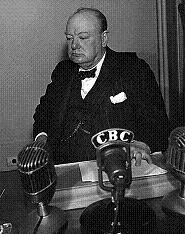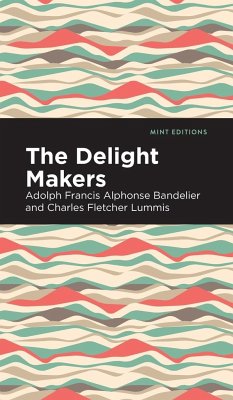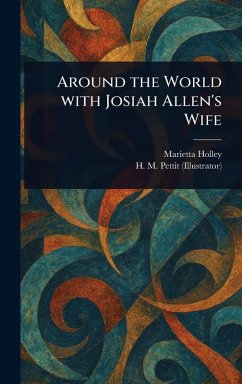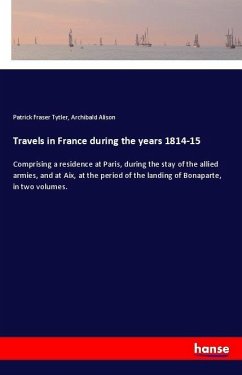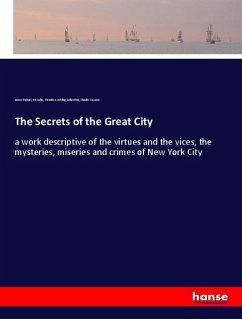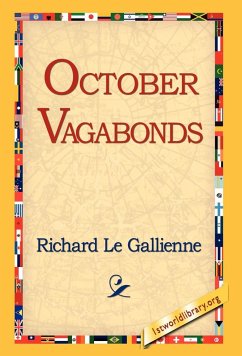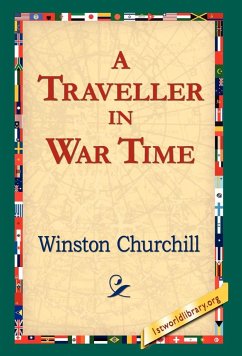
A Traveller in War Time
Versandkostenfrei!
Versandfertig in über 4 Wochen
25,99 €
inkl. MwSt.
Weitere Ausgaben:

PAYBACK Punkte
13 °P sammeln!
I am reprinting here, in response to requests, certain recent experiences in Great Britain and France. These were selected in the hope of conveying to American readers some idea of the atmosphere, of "what it is like" in these countries under the immediate shadow of the battle clouds. It was what I myself most wished to know. My idea was first to send home my impressions while they were fresh, and to refrain as far as possible from comment and judgment until I should have had time to make a fuller survey. Hence I chose as a title for these articles, - intended to be preliminary," A Traveller i...
I am reprinting here, in response to requests, certain recent experiences in Great Britain and France. These were selected in the hope of conveying to American readers some idea of the atmosphere, of "what it is like" in these countries under the immediate shadow of the battle clouds. It was what I myself most wished to know. My idea was first to send home my impressions while they were fresh, and to refrain as far as possible from comment and judgment until I should have had time to make a fuller survey. Hence I chose as a title for these articles, - intended to be preliminary," A Traveller in War-Time." I tried to banish from my mind all previous impressions gained from reading. I wished to be free for the moment to accept and record the chance invitation or adventure, wherever met with, at the Front, in the streets of Paris, in Ireland, or on the London omnibus. Later on, I hoped to write a book summarizing the changing social conditions as I had found them. Unfortunately for me, my stay was unexpectedly cut short. I was able to avail myself of but few of the many opportunities offered. With this apology, the articles are presented as they were written.



